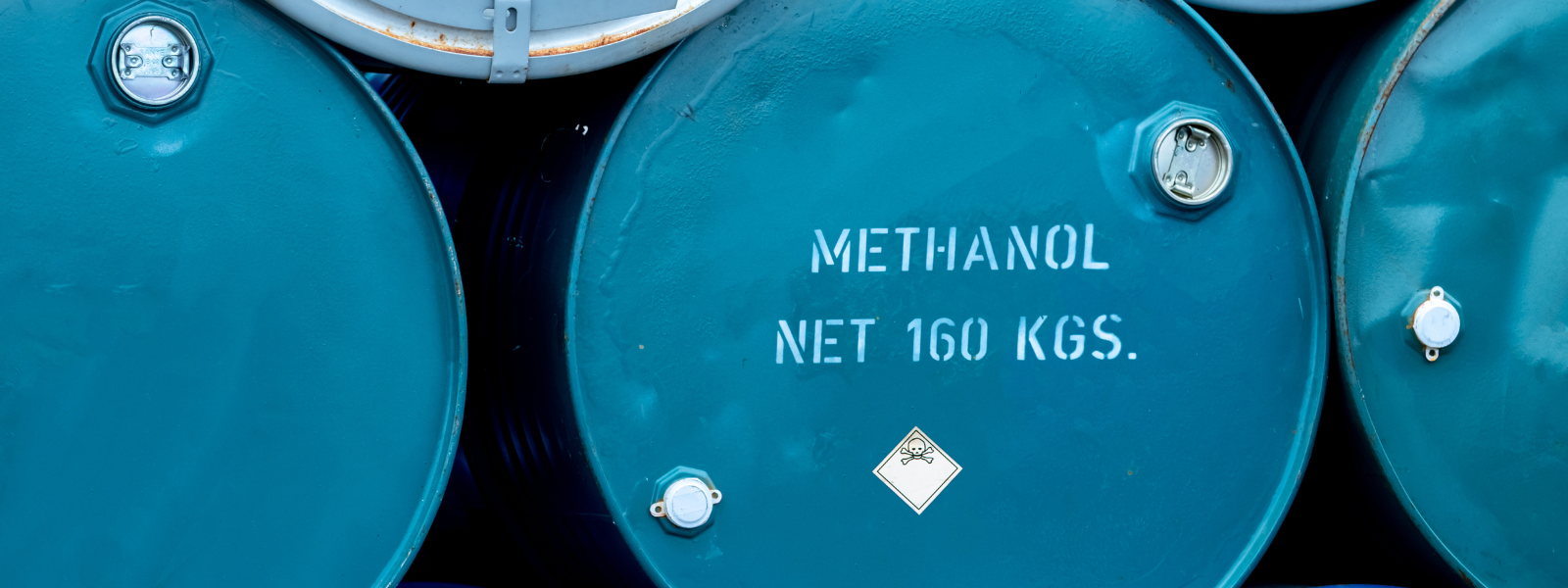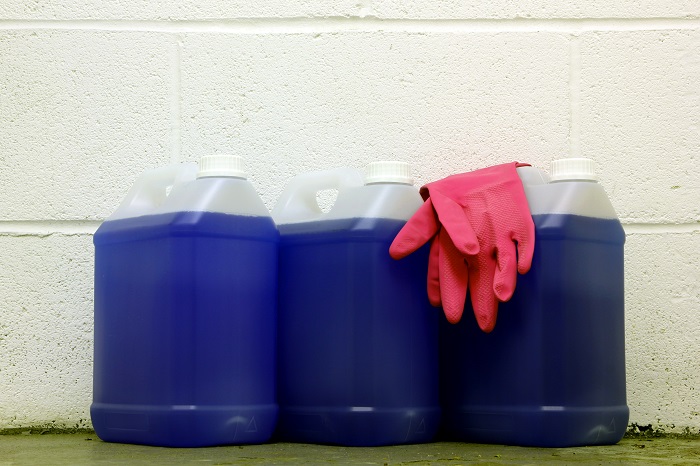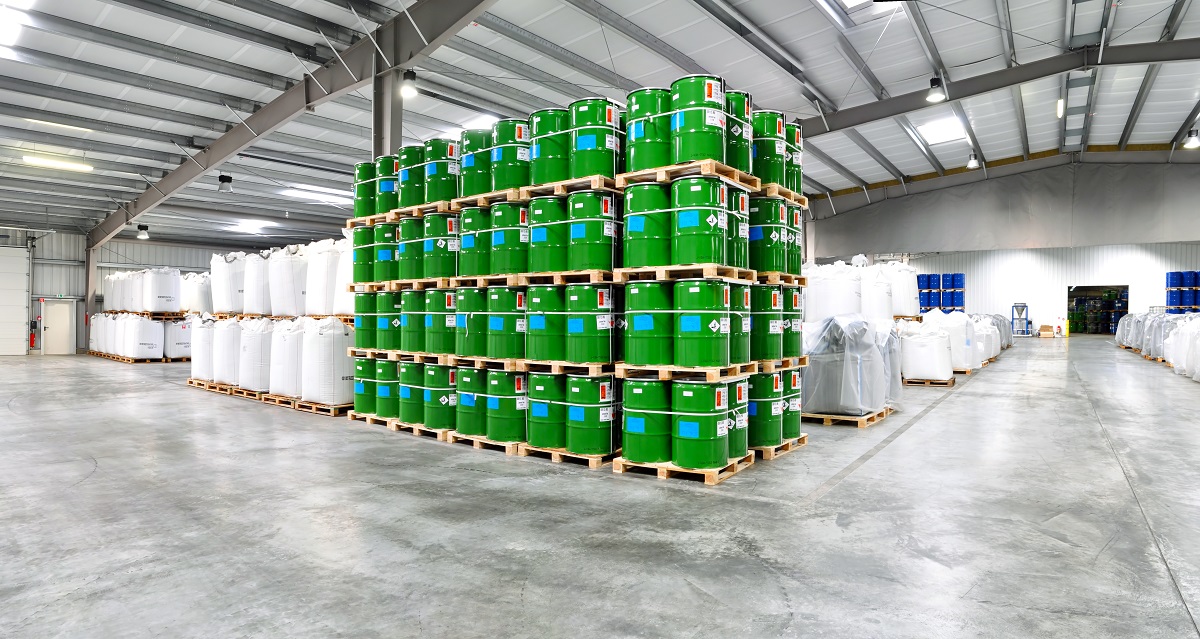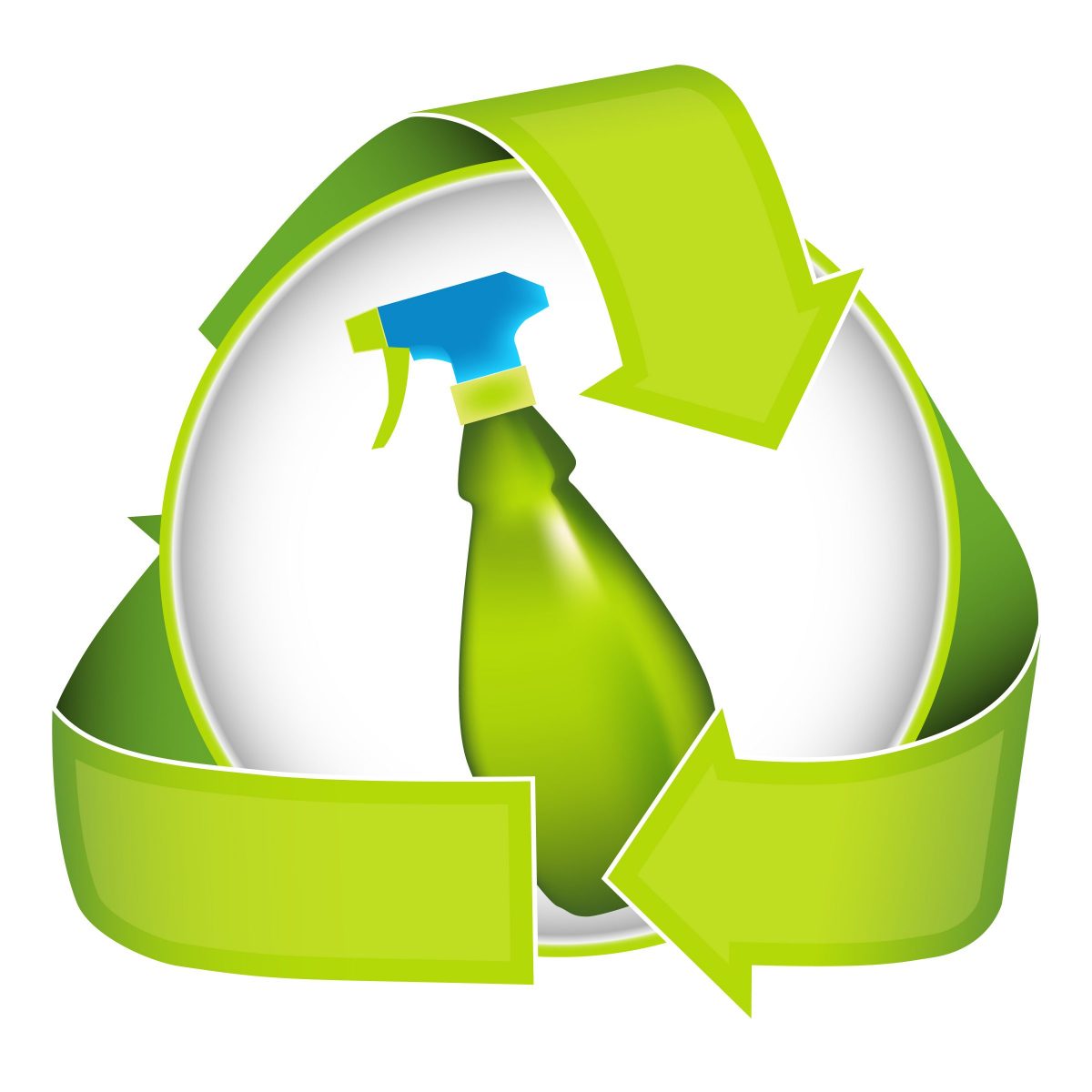In industrial maintenance, cleaning stands out as a fundamental process for ensuring optimal equipment performance and prolonging the lifespan of...
Blog


CHEMICAL INDUSTRY NEWS
Chemical Chat – Discover What’s New!
Wood Alcohol Production: From Biomass to Valuable Fuel
Wood alcohol or methanol is a fuel source derived from scrap wood and paper clippings. It can be used as a fuel- source for propane and natural gas...
Methanol vs Ethanol: A Comparison of Fuel Properties
Methanol and ethanol are two alcohol-based fuels that have gained significant attention as potential alternatives to traditional fossil fuels. Both...
Wood Alcohol (Methanol): Production, Uses, Safety & Bulk Solutions
Wood Alcohol (Methanol): Everything You Need to Know Updated: December 4, 2025 Wood alcohol, also known as methanol...
Wood Alcohol Production: From Biomass to Valuable Fuel
Wood alcohol or methanol is a fuel source derived from scrap wood and paper clippings. It can be used as a fuel-...
Company News

Managed Services
Discover the Latest in Safe and Sustainable Chemical Solutions
Stay informed with Ecolink’s blog! Subscribe now
Chemical Management Information
Stay updated with us
Sign Up for the Latest Updates
Stay informed about chemical supply chain disruptions and emerging innovations to keep your business at the forefront of efficiency and innovation. Uncover new ways to make your business practices more sustainable by incorporating safer products into your cleaning lineup.


























